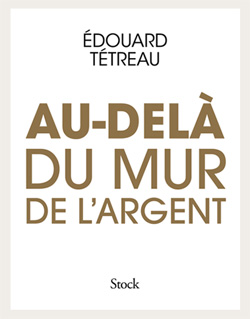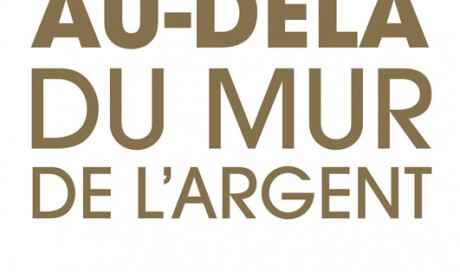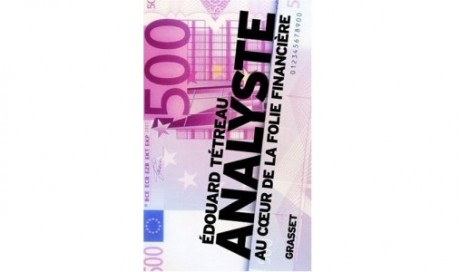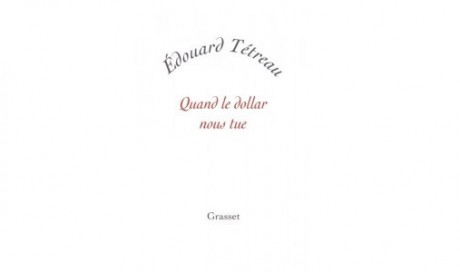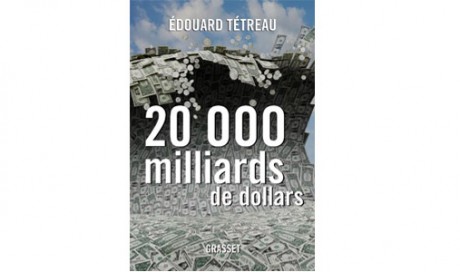- 106 Views
- 0 Comment
- No tags
“Now that you are a fact, we shall deal with you.” In his Mémoires, Jean Monnet remembers, with humor and amazement, the ambiguity and pragmatism of British diplomacy, in the face of the emergence of the European community 50 years ago. After having splendidly ignored it for some years, then despised, and then dared to torpedo the initiatives to build the European Community of Carbon and Steel, Great Britain, through the voice of its diplomat Sir Roger Makins, finished by resolving: “now that you are a fact, we shall deal with you.”
Today, Great Britain is imposed with another reality: Jean Claude Juncker will preside over the European Commission. And that, after having succumbed to one of the diplomacy’s, the press’, Parliament’s, and British executives’ most violent and denigrating campaigns, the results are pitiable for David Cameron. Apart from the ultranationalist Viktor Orban, first minister of Hungary, friend and admirer of Vladmir Putin, none of the other 28 heads of states of the European Union dared join the indefensible British position. We know of alliances, defeats, and methods of political combat more honorable. We hope that Mr. Cameron will think differently of the referendum on Scotland’s independence to be heard on 18 September 2014.
“Now that you are a fact…” This election is excellent news for the European Union, but also for Great Britain. For the European Union, the double legitimacy of Jean-Claude Juncker, Parliament candidate dubbed under the quasi-unanimity of the European Council, will give him considerable authority. He will need it to get the Union out of the rut that its predecessor, José Manuel Barroso, placed it in. 7/10 priority files are waiting for him: 1. How to revive European growth in the wake of an aging population, that has 25 million unemployed, in which 5 million are young people? 2. How to give Europe a communal political energy, such that the stalemates and absurdities of unilateral politics are developed every day? The advantage: inflated costs of overtaxed energy for the industry as well as for the household (particularly France); overpollution tied to the abundance of coal (particularly Germany); dependence on the growth of Russian gas, at the time that Mr. Putin’s diplomatic agenda becomes a military agenda. 3. How to finance and organize defense instruments and politics, and communal security, in a continent more and more exposed to outside threats, and terrorism on its own soil? 4. Which transatlantic pact written with American allies more and more hostile over European interests (BNP Paribas issue, while waiting for the following)? 5. Which trans-Mediterranean pact created with Africa, particularly francophone Africa, when the continent is getting off the ground spectacularly, in its growth, its demography, but also in instability? 6. What humane and responsible response to the massive population growth, and who stop, Extra-European migrations, that provoke humanitarian catastrophes on the shores of Europe (Lampedusa) and calls for violence and xenophobia within Europe? 7. How, after having succeeded at the forceps of the Eurozone banking union, consolidated monetary union, budgetary, and fiscal of a group that plans to become the core of the European Union. 8. How to consolidate the necessary objective in terms of equal public accounts for each country (objective 0% deficits, and not more than 3%, this tolerance creates an accumulation of inacceptable debts for the future generations), and at the same time, there is the urgency of a European “Marshall Plan”, to put to work millions of Europeans around the creation of competitive infrastructures in the 21st security (digital, energy, and transportation) 9. How to rebuild a European identity far from tribalism and nationalism, but close to its original humanism, be open to others and diversity? 10. Finally, how to make emerge an education, a culture and a European history lecture, that respects the identities and differences of each (sex, religious, ethnicities) and the fundamental liberties, notably the liberty of expression, without trying to impose a unique model?
Mr. Juncker’s future European Commission will not miss the major subjects. It will succeeded in its mandate, if paradoxically, it completely takes into account the legitimacy of the British critiques that nourished Mr. Cameron indefensible revenge. The future Commission no longer has to be this bureaucracy without direction, dispersed among an absurd number of commissioners (28) each one looking to exist in the media and keep their services, in place of working with a certain humility- that of Jean Monnet – and a real concern of efficiency – that of the British – on the large topics only. These are described above.
In order to succeed, Mr. Juncker has to embody a new reality and vision for the European Union. He will arrive, constraining the services the Commission created and not longer only focus on the essentials, and pinpoint de facto, at the national and local stage numerous prerogatives and responsibilities. It is the principle of subsidiarity 2.0
Mr. Juncker will not be able to accomplish everything. The 28 heads of state will want to break, or recycle, politicians more or less workers and have the non-flattering results in their realm of expertise. We think particularly of France, that would be wrong to propose a Commission in charge of economic activities or budgetary disciplines, the French assessment afflicted in these domains taken into account for the last 10 years. If the ridiculous does not kill, it will not help to forcibly raise our credit with our partners. While waiting for France to do her homework on this matter- and the singular absence of the concrete actions six months after the proclamation urbi and orbi of the “responsibility pact” is a major preoccupation- it could well more skillfully proposer a personality issue of these domains of excellence – diplomacy and defense – in replacing Lady Catherine Ashton. And leave the economic issues to the British.
Here is the vacation homework for the future Juncker Commission. While waiting to pick up the copies at the return, your Wednesday chronicler, realizes that he just stated the opposite of what he wrote last week (a British to replace Catherine Ashton), will take a more or less merited break from his readers for the summer. Until the fall!
OUR RECENT
WORKS
-
20000 Milliards de…Book
Warning: Invalid argument supplied for foreach() in /home/edouardt/www/wp-content/themes/edtetreau/includes/part-portfolio.php on line 54
Warning: Invalid argument supplied for foreach() in /home/edouardt/www/wp-content/themes/edtetreau/includes/part-portfolio.php on line 54
Warning: Invalid argument supplied for foreach() in /home/edouardt/www/wp-content/themes/edtetreau/includes/part-portfolio.php on line 54


